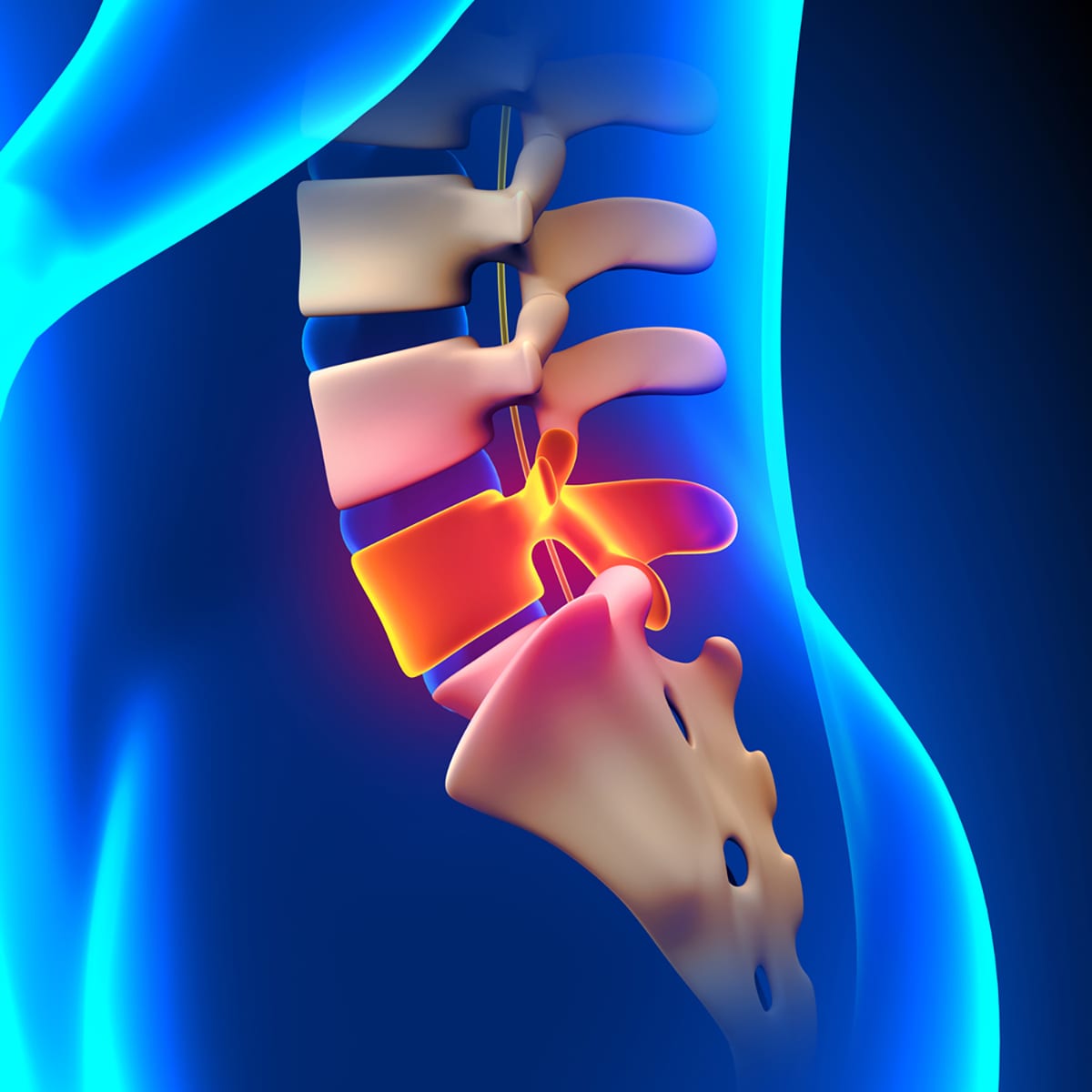Lumber Micro Discectomy
Singapore
-
Our Price USD 19971
-
Hospital Price USD 21022
-
You Save : USD 1051
Booking Amount: USD 1997. Pay Remaining 90% at the hospital.
Book NowAdditional Credit
Among the important extras we offer as part of the Additional Credit are the following:
-
Site Tourism For The Patient & Attendant
-
Airport Pick & Drop Service
-
Ambulance service at airport
-
Priority appointments with The Doctor
-
Cancel Easily Anytime with Full Refund
-
Room Upgradation
-
Free Online Doctor Consultation Valued at USD 20
-
Free hotel Stay for 5 to 7 days Accordingly
-
Welcome Kit at Arrival
-
Interpreter
-
Medical Visa Assistance
What is Included?
- Doctor consultation charges
- Lab tests and diagnostic charges
- Room charges inside hospital during the procedure
- Surgeon Fee
- Cost of implant
- Nursing charges
- Hospital surgery suite charges
- Anesthesia charges
- Routine medicines and routine consumables (bandages, dressings etc.)
- Food and Beverages inside hospital stay for patient and one attendant.
What is not Included?
- Extra Radiology Investigations
- Healthcare Professionals Charges of other consultations.
- Other Requested Services such as Laundry etc.
- Additional Pharmaceutical Products and Medicines After Discharge from Hospital.
- Management of Conditions Unrelated to Procedures or Pre-Existing.
- The cost of any additional implants will be in addition to the package cost.
Package Description
Lumber Micro Disectomy
The segment of a herniated disc that is aggravating or inflaming the nerve root is removed during lumbar microdiscectomy surgery. A microdiscectomy is done through a small incision in the low back's midline.
Disease Overview:
Intervertebral disc herniations
The soft centre (nucleus) of the rubbery discs that lay between the vertebrae of the spine is surrounded by a harder surface (annulus). When a part of the nucleus pushes through a break in the annulus, it causes a herniated disc. If the herniation compresses a nerve, symptoms may develop.
The lumbar spine is the most prevalent site of disc herniation, followed by the cervical spine. The biomechanical stresses in the flexible region of the spine cause a greater rate of disc herniation in the lumbar and cervical spine.
Disease Signs and Symptoms:
Herniated discs most commonly affect the lower back, although they can also affect the neck. The signs and symptoms vary depending on the location of the disc and if it is pushing on a nerve. Herniated discs are most commonly found on one side of the body.
Pain in the arm or leg. If your herniated disc is in your lower back, you'll likely have discomfort in your buttocks, thigh, and calf in addition to lower back pain. You may also have discomfort in a portion of your foot.
You'll usually experience the most discomfort in your shoulder and arm if you have a herniated disc in your neck. When you cough, sneeze, or move into certain postures, this pain may shoot into your arm or leg. Sharp or searing pain is a common description of pain.
Tingling or numbness. Radiating numbness or tingling in the body portion serviced by the damaged nerves is common in people who have a herniated disc.
Weakness. The muscles serviced by the afflicted nerves deteriorate with time. This might make you stutter or make it difficult for you to carry or grip goods.
A herniated disc might exist without causing any symptoms. If it doesn't show up on a spinal scan, you might not realise you have it.
Disease Causes:
Disk herniation is most commonly caused by disc degeneration, which is a progressive wear and tear caused by age. The discs grow less flexible as people age, and they are more prone to ripping or rupturing with even modest strain or twist.
The majority of patients are unable to determine the reason of their ruptured disc. Lifting large things using the back muscles rather than the leg and thigh muscles can result in a herniated disc, as can twisting and turning when lifting. A traumatic incident, such as a fall or a hit to the back, is only sometimes the cause.
Factors that are at risk
A herniated disc can be caused by a number of factors, including:
- Weight. Excess body weight puts additional strain on the lower back discs.
- Occupation. People who work in physically demanding occupations are more likely to develop back issues. Lifting, tugging, pushing, bending laterally, and twisting repeatedly can also lead to a herniated disc.
- Genetics. Some people are predisposed to acquiring a herniated disc due to genetics.
- Smoking. Smoking is considered to reduce the oxygen flow to discs, causing them to break down faster.
- Driving on a regular basis. Long durations of sitting, along with vibrations from a vehicle's engine, can cause strain on the spine.
- Sedentary behaviour. A herniated disc can be avoided with regular exercise.
Disease Diagnosis:
Your doctor will examine your back for discomfort during the physical exam. To discover the source of your pain, you may be asked to lie flat and move your legs into various positions.
A neurological exam may be performed by your doctor to check your:
- Reflexes
- Muscle endurance
- the ability to walk
- Sensitivity to mild touches, pinpricks, and vibrations
A physical exam and a medical history are usually all that's required to diagnose a herniated disc. Your doctor may request one or more of the following tests if he or she suspects another ailment or wants to know which nerves are impacted.
Tests of imaging
X-rays. Herniated discs aren't visible on plain X-rays, but they can help rule out other reasons of back discomfort, such as an infection, tumour, spinal alignment concerns, or a fractured bone.
CT scan is a type of x-ray. A CT scanner creates cross-sectional pictures of the spinal column and the structures around it by combining a succession of X-rays from different orientations.
MRI. Images of the body's interior structures are created using radio waves and a strong magnetic field. This test can be performed to confirm the herniated disk's location and determine which nerves are impacted.
Myelogram. Before a CT scan, a dye is injected into the spinal fluid. Due to many herniated discs or other problems, this examination might reveal pressure on the spinal cord or nerves.
Nerve examinations
Nerve conduction investigations and electromyograms are used to determine how effectively electrical impulses travel through nerve tissue. This can assist in determining the exact area of nerve injury.
The study of nerve conduction. Through electrodes put on the skin, this test evaluates electrical nerve impulses and function in the muscles and nerves. When a little current goes through a nerve, the research examines the electrical impulses in the messages.
Electromyography (EMG) is a technique for (EMG). During an EMG, a clinician inserts a needle electrode into several muscles via the skin. The electrical activity of muscles is measured both while they are contracted and when they are at rest in this test.
Disease Treatment:
Conservative therapy, which consists mostly of changing activities to prevent painful movement and taking pain medication, improves symptoms in the majority of patients within a few days or weeks.
Medications
- Pain relievers
- Neuropathic medications
- Medications that relax muscles
- Opioids
- Injections of cortisone
In nearly all cases, surgeons can remove just the protruding portion of the disk. Rarely, the entire disk must be removed. In these cases, the vertebrae might need to be fused with a bone graft.
To allow the process of bone fusion, which takes months, metal hardware is placed in the spine to provide spinal stability. Rarely, your surgeon might suggest the implantation of an artificial disk.
Information related to Treatment
Package Details
Days in Hospital
1 Days
Days in Hotel
*
13 Days
Room Type
Private
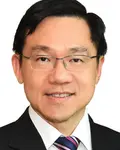
Treating Doctor
Dr Lee Kim En
Neurologist- Stroke Specialist
Mount Elizabeth Hospital, Singapore Singapore, Singapore
25 Years of Experience
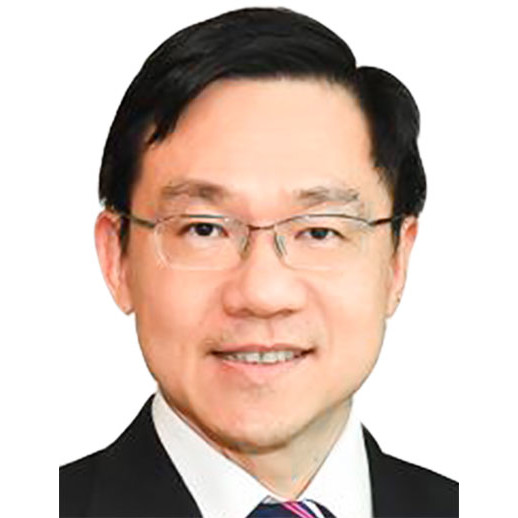
Treating Doctor
Dr. Lee Kim En
Neurologist- Stroke Specialist
Farrer Park Hospital, Singapore Singapore, Singapore
28 Years of Experience
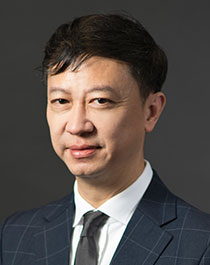
Treating Doctor
Prof Lo Yew Long
Neurologist- Clinical neurophysiology, Neurological Disorders, Neuromuscular Disorders, Neuromuscular Disorders
National Neuro Science Institute, Singapore Singapore, Singapore
Years of Experience
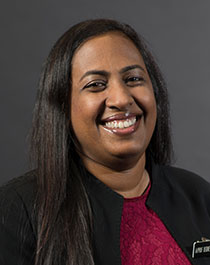
Treating Doctor
Assoc Prof Deidre Anne De Silva
Neurologist- Stroke Specialist, Neurological Disorders
Singapore General Hospital, Singapore Singapore, Singapore
Years of Experience
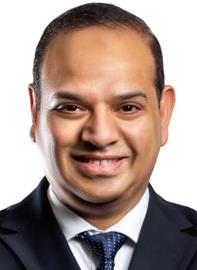
Treating Doctor
Dr Mohammed Tauqeer Ahmad
Neurologist- Neurotrauma, Epilepsy Disorder, Stroke Specialist, Movement Disorders, Neurotrauma
Parkway East Hospital, Singapore Singapore, Singapore
Years of Experience
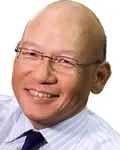
Treating Doctor
Dr Goh Yu-Ching Keith
Neuro surgeon- Pediatric neurosurgery, Neuro Oncology, Chronic Pain Treatment, Chronic Pain Treatment, Brain Tumor, Stroke - Diagnosis/Management/Intervention (Thrombolysis), Neuro Oncology, Brain Tumor, Spine Tumors
Mount Elizabeth Hospital, Singapore Singapore, Singapore
31 Years of Experience
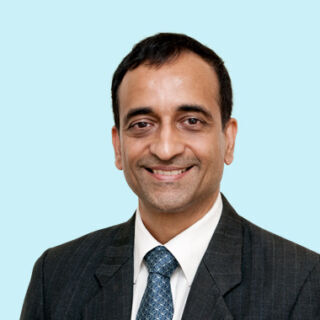
Treating Doctor
Dr Narayanaswamy Venketasubramanian Ramani
Neurologist- Stroke Specialist, Minimal Invasive Neurosurgery
Raffles Hospital, Singapore Singapore, Singapore
Years of Experience
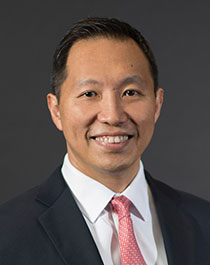
Treating Doctor
Assoc Prof Ang Beng Ti Christopher
Neuro surgeon- Nerve Tumor Surgery, Skull Base Surgery, Primitive Neuroectodermal Tumors, Pituitary Adenoma including endonasal, Peripheral Neuro surgery, Radiosurgery
Singapore General Hospital, Singapore Singapore, Singapore
Years of Experience
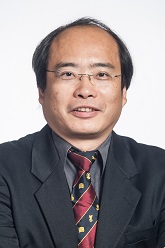
Treating Doctor
Clin A/Prof Yeo Tseng Tsai
Neuro surgeon- Surgical oncologist, Neurosurgical oncology
National University Hospital, Singapore Singapore, Singapore
Years of Experience
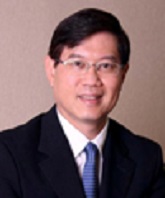
Treating Doctor
Prof Dr. Benjamin Ong Kian Chung
Neurologist-
National University Hospital, Singapore Singapore, Singapore
Years of Experience

